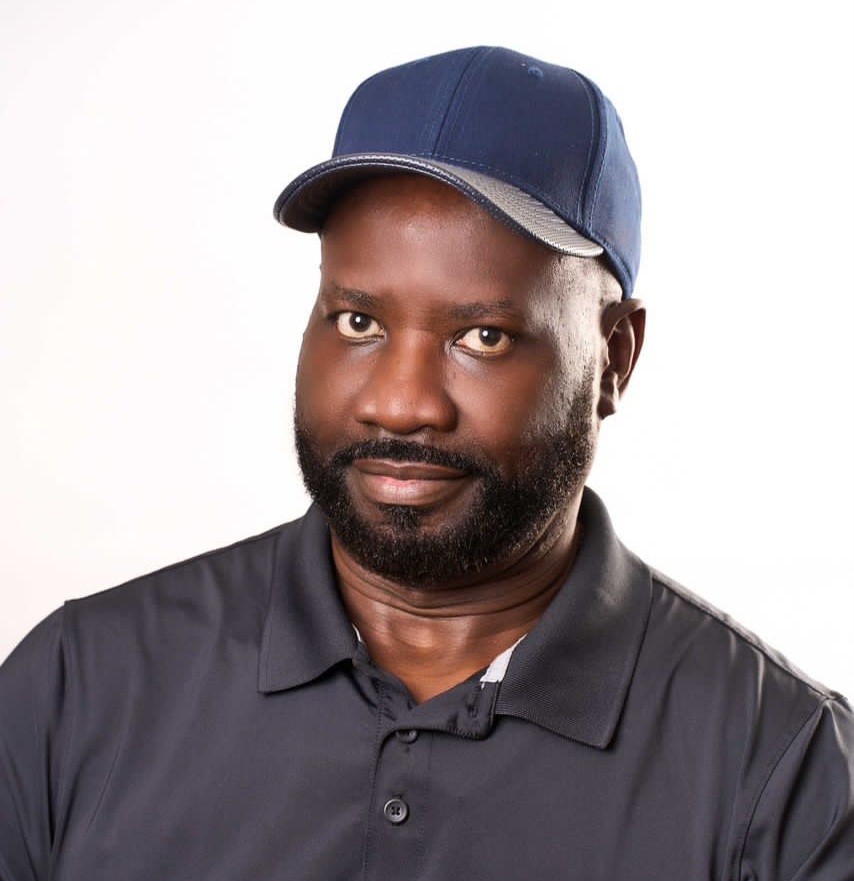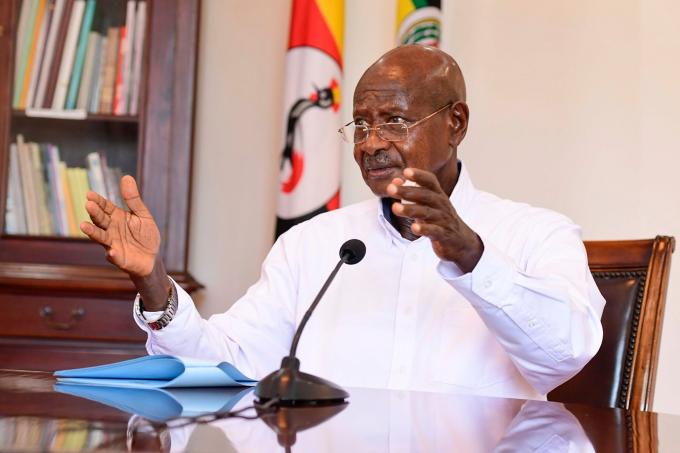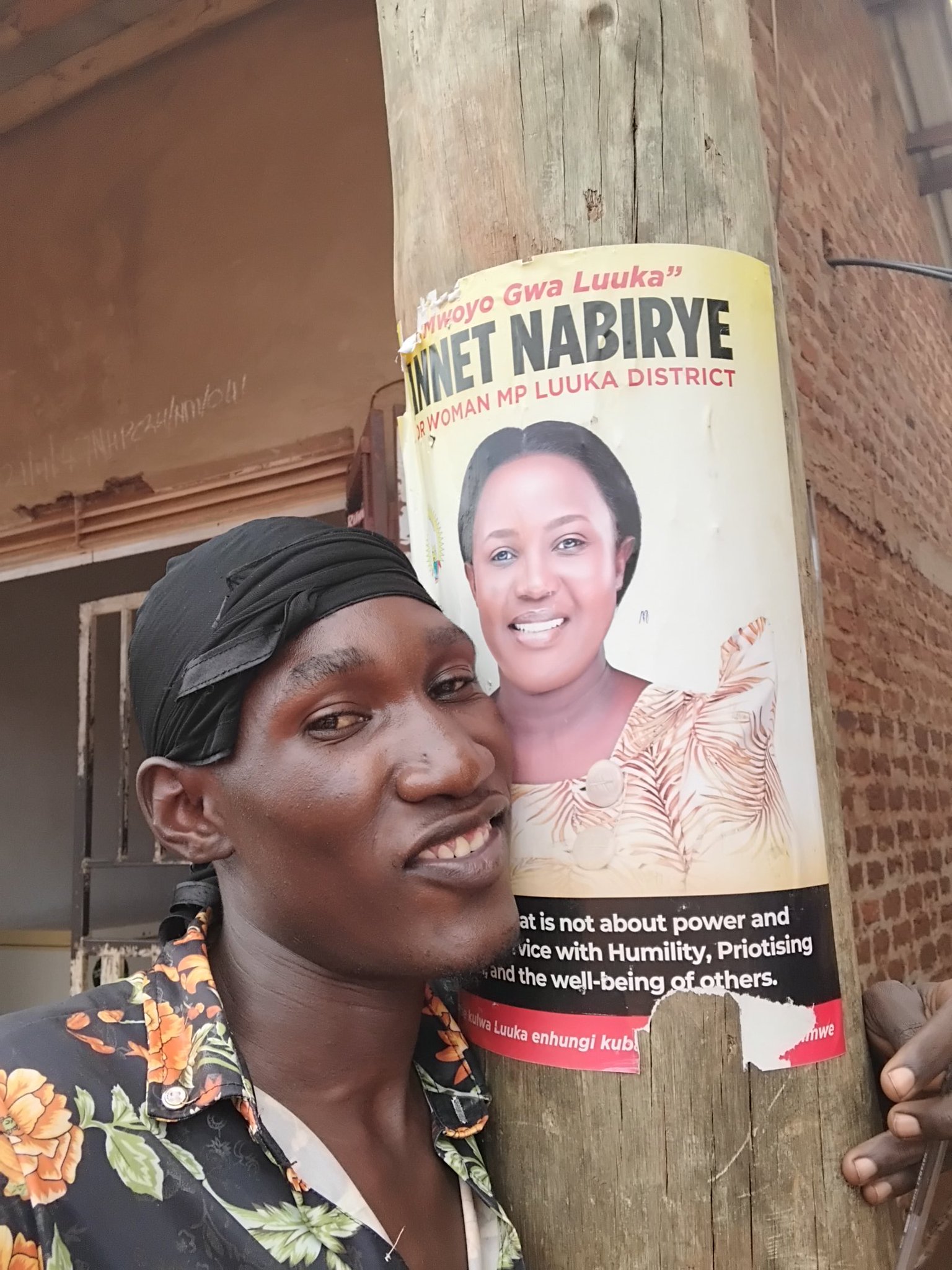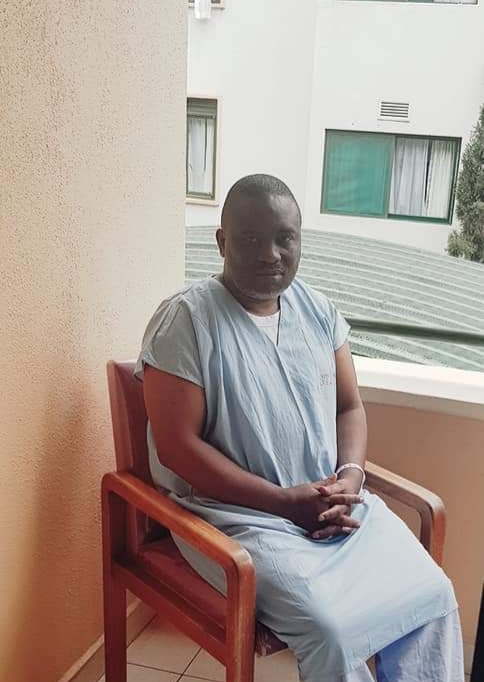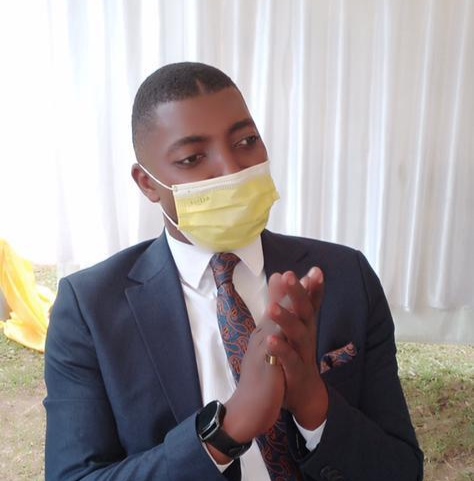The recent killings in Entebbe have shocked the nation. National attention is focused once again on the need to bring law enforcement back to its original mission: “protect and serve.” Every time a murder takes place, police talk about community policing. But the path of re-establishing community trust in law enforcement seems no less fraught with obstacles than ever.
Night Watchmen: The People’s Solution
Before the National Resistance Army (NRA) takeover of Kampala in January 1986, we established our own community policing. The local council, Resistance Council One (RC1), brought together community members to patrol the streets. Known as ‘Night Watchmen’, these men had no training or weapons. Their primary role was to keep the peace.
This mandate sat easily with local residents, who were wary of the idea of a standing army. Remember, this was when General Tito Okero Lutwa was in charge of the rest of the country while the NRA, led by President Museveni, was in charge of the Luwero triangle. Moreover, since the Night Watchmen were from the community, they relied on community members for backup. They ended up simply enforcing community norms regardless of them being legal or illegal.
The Issue of Military-Style Policing
How is it that so many of our police officers have come to resemble – in appearance, weaponry, and tactics – infantrymen in the Uganda People’s Defence Force (UPDF)? Recently, whilst driving from Entebbe International Airport, I noticed a police officer sitting on top of an armoured vehicle. He was pointing a sniper rifle at passers-by. This style of policing should not be happening.
There is a time and place for military-style tactics carried out by police officers who look more like soldiers than police. Think active shooter situations or armed and dangerous suspects who’ve taken hostages and barricaded themselves. Think service of warrants accompanied by a reasonable suspicion that the suspects are armed and poised to do violence. Think terrorists. But it is the routinization of police militarism that concerns me.
Principles of Community Policing
Community policing operates on the core principle that citizens respond positively to law enforcement efforts that mesh with their own concerns. In other words, they react better to something being done for them rather than done to them.
The philosophy is grounded in the belief that an emphasis on procedural justice and responsive problem-solving leads to improved public perceptions of the police, and that leads more generally to better law enforcement outcomes. Police who get it right invariably share one thing in common: progressive leaders committed to thinking outside the box.
In My View
Gauging whether the Uganda police community policing programme has been successful ultimately depends on how you define success. Community policing sits at the nexus of three primary elements: organizational transformation, community partnerships, and problem-solving. However, our police themselves tend to overemphasize the latter of these variables. This focus on problem-solving frequently gets simplified into ‘crime-solving’ at street level, probably because it’s the most straightforward metric to track.
Four Steps to Crime Prevention
With 12 years of experience behind me and a thorough understanding of both criminal behaviour and the criminal justice system, I can offer a practical solution to community policing. Following these four steps will provide a solution to prevent crime without involving police.
Address poverty
Poverty is a major source of crime. Poor schools and inadequate infrastructure, including the “poverty of access”, all lead to one result; criminal behaviour. Poverty destroys families, dignity, and hope. If you could end poverty, you would end most crime.
Get to the core of violence
All violence, even the most ‘senseless’, makes sense. Get to the core of the problem. Fill the gaps in economic, health, and skills development with real resources. Otherwise, these gaps will be filled with illegal behaviour, gang warfare and violence. Domestic violence, the primary violence concern amongst the poor, is hardly ever investigated or addressed.
Tackle guns and drugs
Comprehensively address the increased access to guns and drugs in our communities. It is important to question why guns and drugs are so easily accessible in our communities. While, at the same time, books or art programmes or safe recreational sports are almost non-existent in the most poverty-stricken areas.
Mentor young people
We need to implement community-driven initiation and spiritually based rites of passage for young people. This is how communities across the ages have dealt with trouble, which can’t be eradicated but can be addressed with tools, connections, and resources. This also includes proper mentoring, in the sense of the original meaning of the word. A good captain knows that a good sailor is born from rough seas, not calm ones and that on any journey, a young person can easily drift off course. A mentor helps keep the student on track. A mentor’s teachings can be imprinted in the soul of a student for a lifetime.
A Police Force for the Future
Police today claim that they are implementing some form of community policing. Their approach is based on community-police partnerships that include open information sharing, community-directed issues, and other proactive collaborations focused on disorder, fear of crime, and crime prevention.
I believe police should focus more on restoring community-police trust and relations. What happened to the early night watchmen model? The current situation in Entebbe is a case in point. In order to better manage risk and minimize danger, the police must gather, process, and interpret as much information as possible. One could say that they are like soldiers gathering intelligence about the enemy.
Today’s police officers have advantages over suspects with the latest crime control technology, often adapted from the military. Police officers responding to dangerous situations are dressed in military tactical gear carrying military-grade weapons while riding in military vehicles with helicopters and drones circling overhead. I wonder why we don’t use the same tactics to address the ongoing Entebbe crisis?
I wonder who the typical policeman of tomorrow will be? The minority officer is sensitive to the needs of the community (for the sake of restoring community trust). Or the oppressive, fully armed standing army (for the sake of officer safety). Until Uganda police resolve this bipolar identity, future Entebbe-style killings seem inevitable.
Richard Musaazi
Digital Forensics Investigator
www.richardspi.com
Do you have a story in your community or an opinion to share with us: Email us at Submit an Article



